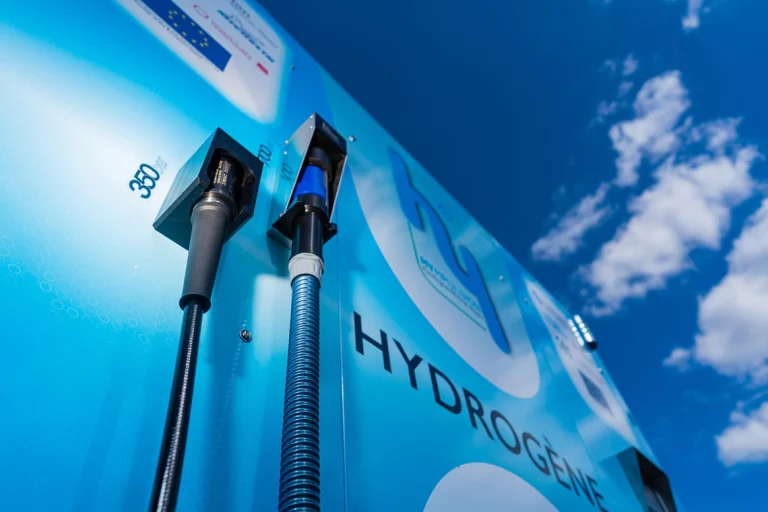Fleet transition specialist Watèa by Michelin, which provides battery and hydrogen electric vehicles, infrastructure and 24-hour assistance for a monthly subscription, has unveiled a new hydrogen service, an all-in-one solution to support the decarbonization of professional vehicle fleets.
The service is designed to enable Watèa clients to take advantage of the benefits of hydrogen mobility, with hydrogen vehicles offering greater autonomy and quicker charging times than battery electric vehicles.
By extending the range of services to hydrogen vehicles, customers can gain access to greater operational availability for their fleet, with uses that are very similar to those of combustion-powered vehicles. The solution entails a subscription-based one-stop service that includes hydrogen vehicles, charging solutions, maintenance and 24-hour assistance, as well as a range of digital services.
The subscription also provides access to European, national and regional subsidies, including subsidies from the ADEME (French Environment and Energy Management Agency) and France’s Auvergne-Rhône-Alpes region, with Watèa handling all the administrative procedures with the organizations concerned.
In attempt to reach its decarbonization goals, Watèa has also chosen to enable its clients to refuel with renewable and low-carbon hydrogen. CEO and president Pascal Nouvellon said, “After a lengthy test and development phase, Watèa is poised to offer its hydrogen electric vehicle service, in conjunction with the offer it launched in 2021 for battery electric vehicles, which will continue to exist and to expand. Indeed, hydrogen electric vehicles enable users to bypass some of the constraints associated with battery vehicles – their autonomy is greater, but, more importantly, charging times are drastically reduced.”
On a national and international level, the figures demonstrate that hydrogen mobility is playing an increasing role in fleet electrification, Watèa says, with a 40% increase in the number of fuel cell vehicles on roads worldwide in 2022 (as reported in the 2023 Global EV Outlook report by the IEA).
The new offer is fully in accordance with the hydrogen strategy for transportation decarbonization recently introduced in France in the country’s France 2030 investment plan.


